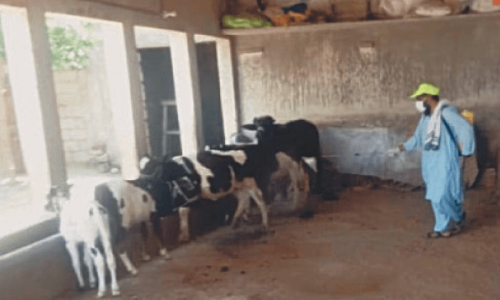ISLAMABAD: Women’s struggles in Pakistan often go unnoticed, but Muneeza Hashmi has brought them forth by documenting the struggles of the prominent women.
This was stated by the speakers at the launching ceremony of the book “Who am I?”, by the media practitioner, Muneeza Hashmi, at the Sustainable Development Policy Institute (SDPI).
The book documents Muneeza’s interviews with some of the most inspiring women in Pakistani history, including Benazir Bhutto, Bano Qudsia, Sabiha Khanum and others.
Muneeza is the daughter of the renowned poet, Faiz Ahmed Faiz. She was born in 1946 and received her masters degree in Education, from the University of Hawaii, in 1981.
She is also the president of the Commonwealth Broadcasting Association, UK. She started her career as an assistant producer in Pakistan Television (PTV), in 1967, and retired, in 2004, as a programme director. She received president of Pakistan’s ‘Pride of Performance Award’ in 2002, for the portrayal of women in the electronic media of Pakistan.
Muneeza said that all of the interviews were recorded for PTV, but she felt that they should be reproduced in the form of a book, because printed documents are considered more credible, and they are more lively.
“I grew up in an atmosphere where there was an absentee father, and the whole responsibility of bringing up the kids was on the shoulders of my mother. My mother acted as the ‘roof and support’ to keep the family together,” she said.“In Pakistan, family generates more bonding as compared to the west. I got the support from my family throughout my life,” she said.
“Pakistani channels have been losing the focus of who their true audiences are. The Pakistan Electronic Media Regulatory Authority (PEMRA) has become less effective, while channels continue to compete on commercial terms. Violence against women has become a tool for selling commercial dramas, while the real issues faced by women are rarely highlighted,” she said.
Talking about the interviews, Muneeza said that each interview was of 25 minutes and they were recorded for PTV, so she feels that there were some deficiencies.
The interview with the renowned writer, Bano Qudsia, was played during the time when, she said, writing a book was a very difficult job for a woman.
“While writing books, I realised that I was ignoring my husband and children, and that was really painful for a woman,” Ms Qudsia said.
On the occasion, the chairperson of the National Commission on Status of Women Khawar Mumtaz, former Pro-VC of the Fatima Jinnah Women’s University Prof Iftikhar-un-Nisa Hasan, educationist Dr Najma Najum, and others were also present.











































Dear visitor, the comments section is undergoing an overhaul and will return soon.